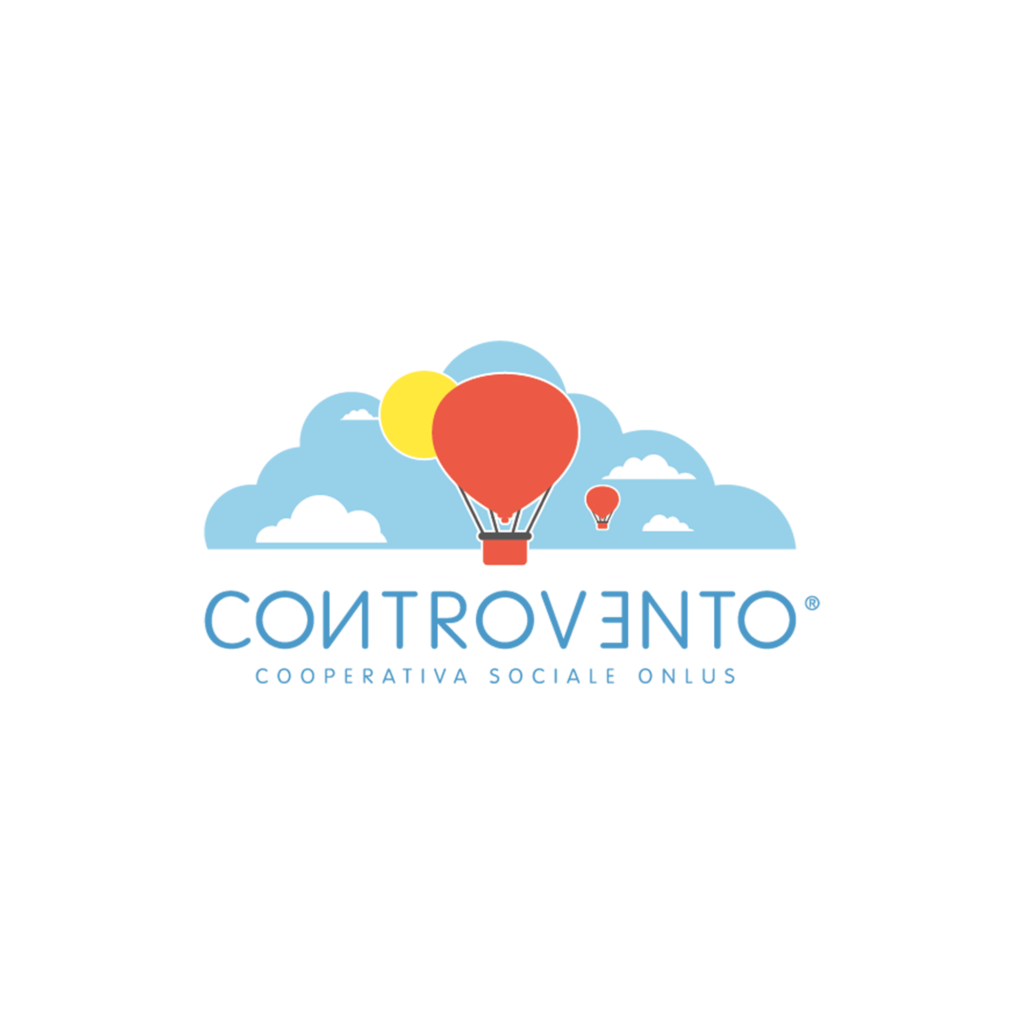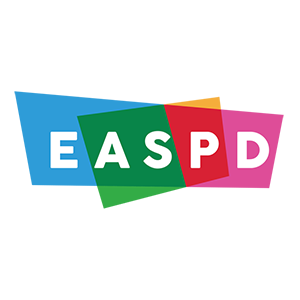
Accessible DIstance LEarning
Promoting the empowerment and social inclusion of people with intellectual disabilities (PWID) with the accessibility of ICT tools for distance learning. Contributing to the removal of social barriers and obstacles, through learning activities aimed at promoting civic education in a logic of inclusion for PWID.
As stated in the “Strategy for the Rights of Persons with Disabilities 2021-2030,” there are still many barriers for persons with disabilities in terms of access to health care, education, employment, recreation, as well as in participation in political life, which limit their participation in society on an equal basis with others.
The Covid-19 pandemic has amplified barriers and inequalities (UN Resources on Persons with Disabilities and COVID-19). People with disabilities have suffered from isolation due to social distancing rules, while limited accessibility of ICT tools, distance learning, and access to information related to COVID-19 have led to a deterioration in their quality of life.
The use of distance learning tools to address these gaps proved to be a viable solution, but several problems emerged regarding the accessibility of currently existing virtual platforms for PWID.

Specific Objectives
SO1
Define an educational pathway for PWIDs focused on the acquisition of skills and competences for improving their autonomy, actives citizenship, media literacy, democratic values, exercise of rights.
SO2
Develop an accessible educational platform dedicated to PWIDs to foster equal opportunities in distance learning.
SO3
Define a European distance learning model for PWIDs.







